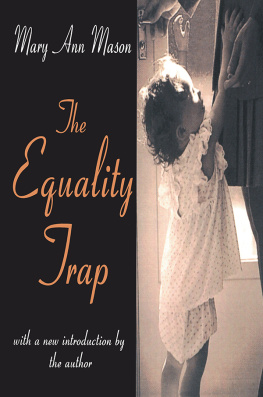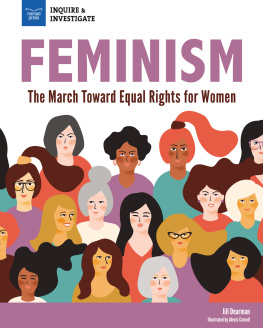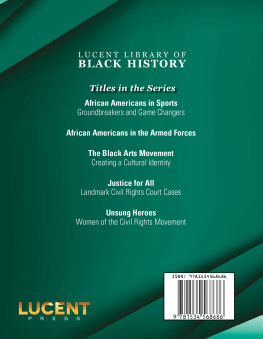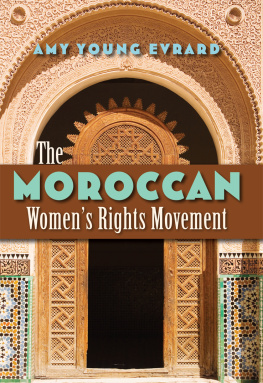AD-CHS | Anne Draper Collection, CHS |
AD-GMMA | Anne Draper Files 191396, Economic Research Department Record Group 13, GMMA |
AD-SUL | Anne Draper Papers, 193873, SUL |
AF | American Federationist |
AFA-ALUA | Association of Flight Attendants, Dallas Collection, 195280, ALUA |
AFWAL-GMMA | American Federation of Womens Auxiliaries of Labor, Record Group 52, 193577, GMMA |
AL-SL | Alice Leopold Papers, SL |
ALUA | Archives of Labor and Urban Affairs, Walter P. Reuther Library, Wayne State University, Detroit, Michigan |
BL-UCB | Bancroft Library, University of California, Berkeley, California |
CFL-LARC | California Federation of Labor Collection, LARC |
CHS | California Historical Society, San Francisco, California |
CK-TL | Connie Kopelov Papers, 197487, TL |
CLUW-ALUA | Coalition of Labor Union Women Collection, ALUA |
DH-ALUA | UAW Womens Department: Dorothy Haener Papers, 193282, ALUA |
EP-SL | Esther Peterson Papers, 18841998, SL |
FM-SL | Frieda Miller Papers, 190973, SL |
FPD-ALUA | UAW Fair Practices and Anti-Discrimination Department, Womens Bureau Papers, 194653, ALUA |
FTWP-UP | Federation of Telephone Workers of Pennsylvania, Western Region, Pittsburgh, 194583, UP |
GMMA | George Meany Memorial Archives, Silver Spring, Maryland |
HB-ALUA | Helen W. Berthelot Collection, 194688, ALUA |
IUE-RU | International Union of Electrical Workers Records, RU |
JAH | Journal of American History |
KPE-ALUA | Katherine Pollak Ellickson Papers, Parts 13, 192178, ALUA |
LARC | Labor Archives and Research Center, San Francisco State University, San Francisco, California |
LD-GMMA | Legislative Department Records, AFL, AFL-CIO, 190678, GMMA |
LH-ALUA | UAW Womens Department: Lillian Hatcher Papers, 194279, ALUA |
LS-ALUA | Lillian Sherwood Collection, 193866, ALUA |
MDK-SL | Mary Dublin Keyserling Papers, 192488, SL |
MJ-ALUA | Millie Jeffrey Collection Papers, 193084, ALUA |
MM-ALUA | Mary Upshaw McClendon Collection, ALUA |
MN-RU | Mary Norton Papers, RU |
MW-ALUA | Myra Wolfgang Papers, 196376, ALUA |
NCEP-GMMA | National Committee for Equal Pay Files, 195374, Unprocessed, GMMA |
NDWU-SLA | National Domestic Workers Union Records, 196579, SLA |
NFTW-TL | National Federation of Telephone Workers, TL |
NYT | New York Times |
RU | Special Collections and University Archives, Rutgers University, New Brunswick, New Jersey |
SFWR-TL | Stewardesses for Womens Rights Records, 196387, TL |
SHSW | State Historical Society of Wisconsin, Madison, Wisconsin |
SL | Schlesinger Library, Radcliffe Institute, Harvard University, Cambridge, Massachusetts |
SLA | Southern Labor Archives, Special Collections Department, Pullen Library, Georgia State University, Atlanta, Georgia |
SUL | Department of Special Collections, Stanford University Libraries, Stanford, California |
TL | Tamiment Institute Library, Robert F. Wagner Labor Archives, New York University, New York |
TO-SUL | Tillie Olsen Collection, SUL |
TUWOHP | The 20th Century Trade Union Woman: Vehicle for Social Change, Oral History Project, Institute of Industrial Relations, University of Michigan, Ann Arbor, Michigan |
TWU-TL | Transport Workers Union of America Collection, TL |
UE-UP | United Electrical Workers, National Headquarters Records, 193580, 1986 Red Dot Accession, UP |
UIOHP | University of Iowa Oral History Project, Iowa City, Iowa |
UP | Archives of Industrial Society, University of Pittsburgh Libraries, Pittsburgh, Pennsylvania |
UPWA-OHP | United Packinghouse Workers of America Oral History Project, State Historical Society of Wisconsin, Madison, Wisconsin |
VF-ALUA | Vertical Files, ALUA |
WAC-ALUA | Womens Auxiliaries Collection, UAW, 194176, ALUA |
WB-RG86 | Womens Bureau, U.S. Department of Labor, Record Group 86, National Archives and Record Center, Washington, DC |
WD-ALUA | Womens Department Papers, UAW, 191982, ALUA |
LET ME ACKNOWLEDGE here the many debts I have accumulated in the writing of this book. Ruth Milkman, David Brody, Alice Kessler-Harris, Ava Baron, and Eileen Boris provided crucial encouragement in the early unsteady stages of this project. My longbut never quite long enoughresearch stints at various archives were eased by the assistance of able and hospitable staff. Lynn Bonfield and Susan Sherwood at the Labor Archives and Research Center, San Francisco State University; Mike Smith and Tom Featherstone at the Archives of Labor and Urban Affairs in Detroit; Jane LaTour at the Tamiment Institute, New York; Pete Hoeffer at the George Meany Memorial Archives; and Kathy Kraft at the Schlesinger Library, Radcliffe Institute, Harvard University, deserve special mention. Teresa Poor and Haejin Kim, two graduate students in Labor and Employment Relations at Rutgers University, rescued me from some of the most painstaking of the early research endeavors. Haejin unfurled raft after raft of copies of the Packinghouse Workers newspaper for me to read at my leisure. Teresa culled through the CIO News and other labor papers with an eye ever alert to articles on women or womens issues. Her masters thesis on the Womens Auxiliary of the Typographical Workers Union also proved to be another delightful collaboration and an excuse for us to catch happy hour at the Frog and Peach.
Way before I was ready, I visited versions of my arguments on audiences at the Rutgers University Center for the Critical Analysis of Contemporary Culture, where I was a fellow, and in seminars held by the History Department and the Labor Studies and Employment Relations Department at Rutgers. I also benefited from delivering portions of my research to groups at York University, McMaster University, Smith College, University of Illinois in Champaign, University of Nevada in Las Vegas, University of Pittsburgh, University of California at Berkeley, and University of California at Los Angeles. Ruth Gilmore, Dan Horowitz, Kim Voss, Craig Heron, Bettina Bradbury, Julie Guard, Linda Briskin, and Maurine Greenwald deserve to be singled out for their hospitality and their critical engagement with the project as it visited their campuses.






